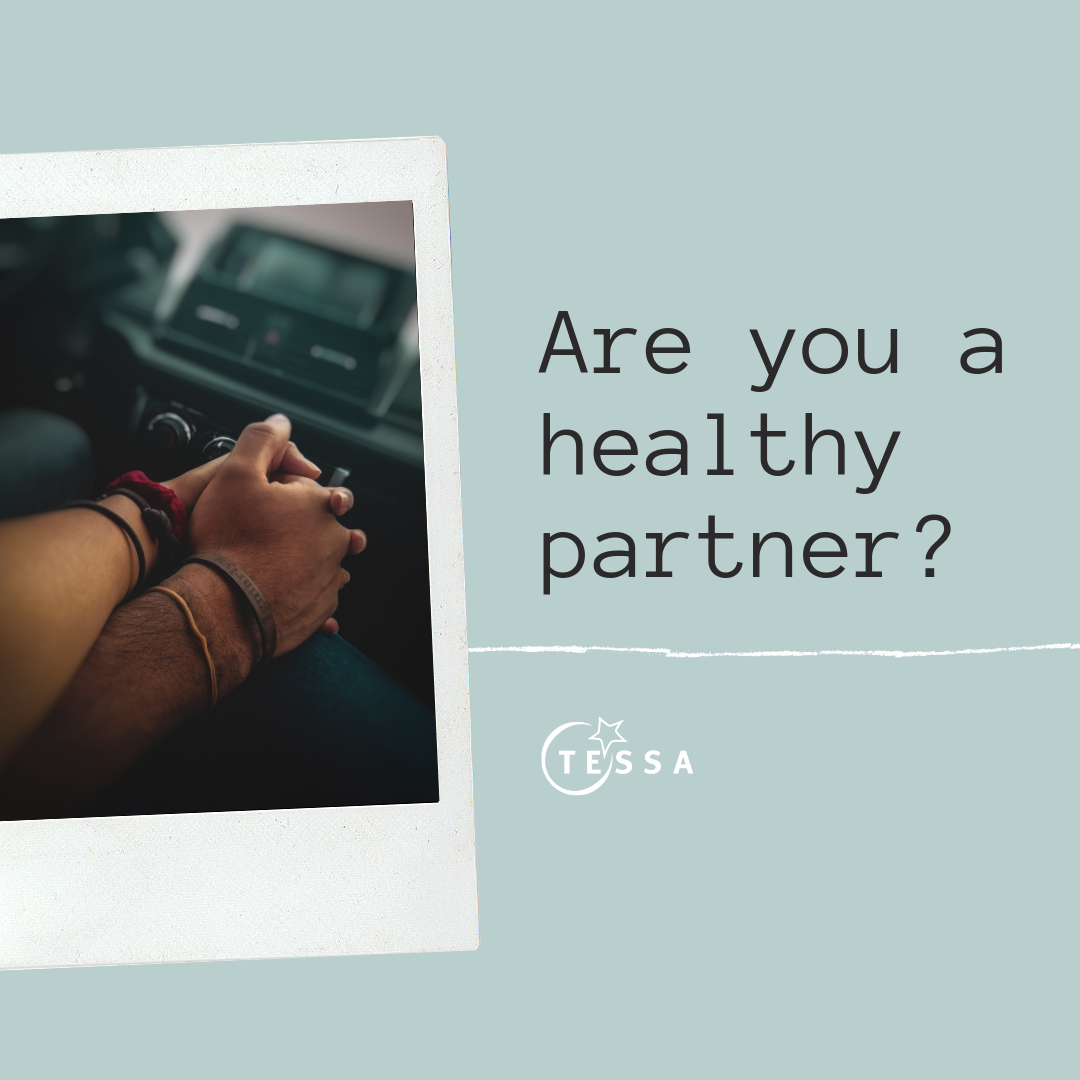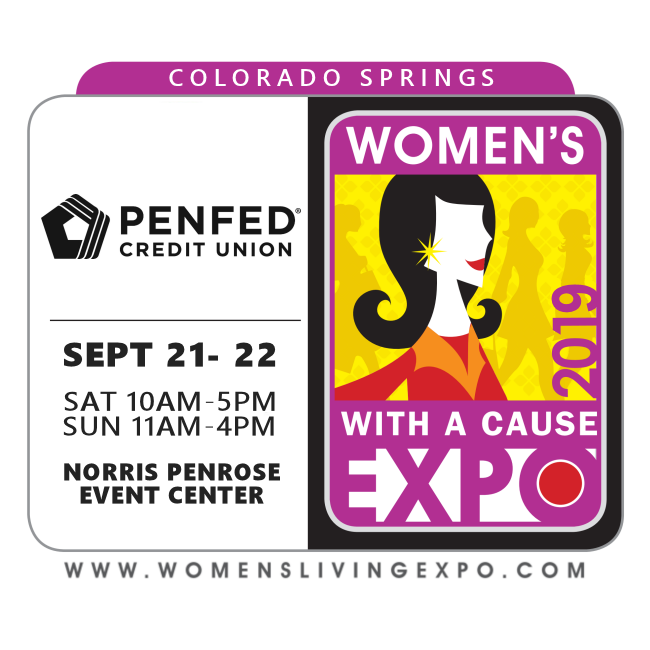It's Not Okay
But it is okay to ask for help
Why A Campaign?
“Everyone tends to focus on the victims,” said TESSA Executive Director SherryLynn Boyles. “People want to know ‘why don’t they leave?’ when we need to be asking ‘how can we stop the violence from ever happening?” Boyles continued. “We are starting with a campaign that shifts that focus and says it’s never okay for someone to be abusive.”
Call for help: 855-978-2638
Press ReleaseWhat is Relationship Violence?
"Relationship violence… is a pattern of behaviors used by one partner to maintain power and control over another partner in an intimate relationship… Relationship violence includes behaviors that physically harm, arouse fear, prevent a partner from doing what they wish or force them to behave in ways they do not want. It includes the use of physical and sexual violence, threats and intimidation, emotional abuse and economic deprivation.”
Source: https://www.thehotline.org/is-this-abuse/abuse-defined/
It's Not Okay to humiliate your wife at a party as a way to control her
It’s Not Okay to punch a hole in the wall to show your wife who’s boss
It's Okay to Ask for Help
Call for help at: 855-978-2638 for information about services that can help you if you are experiencing or witnessing violence, or if you’re using violence and want to change your own behavior. It is okay to ask for help
Take Action
Call for help if you are using abusive behaviors:
855-978-2638
If you are being abused call our Safeline at:
719-633-6819
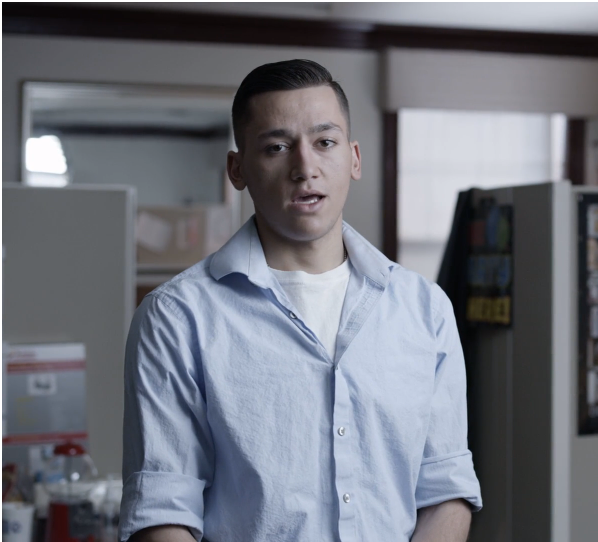
It's Okay to Ask for Help
Everyone deserves to be in a safe and healthy relationship. Do you know if your relationship is healthy? Take the Healthy Quiz below to find out!
Myths vs. Facts
We are breaking down those common relationship myths and assumptions throughout this week and giving the real facts. What are some myths you have heard? Discuss with us on social media
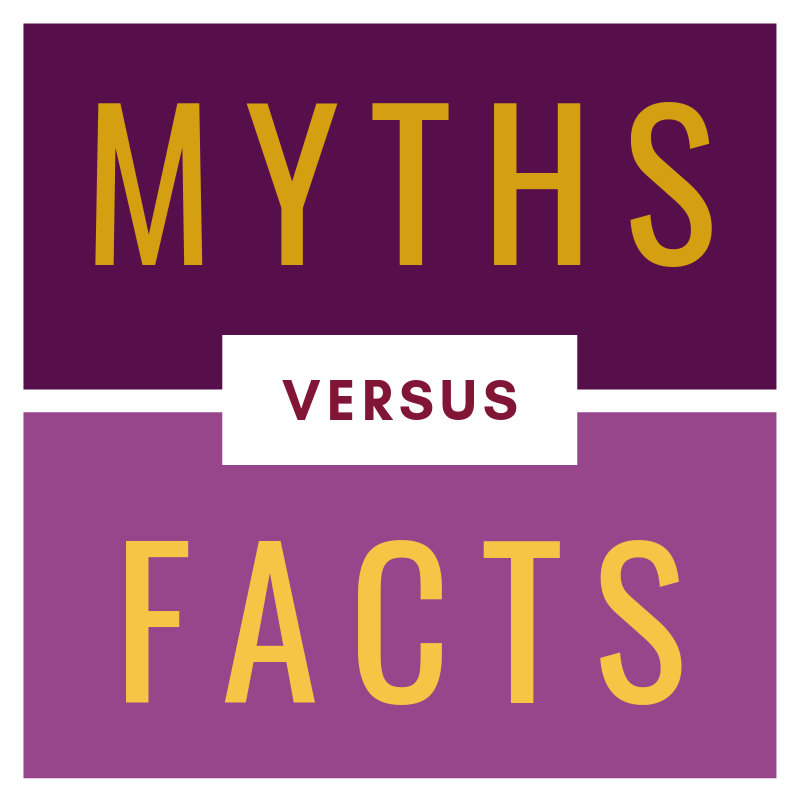
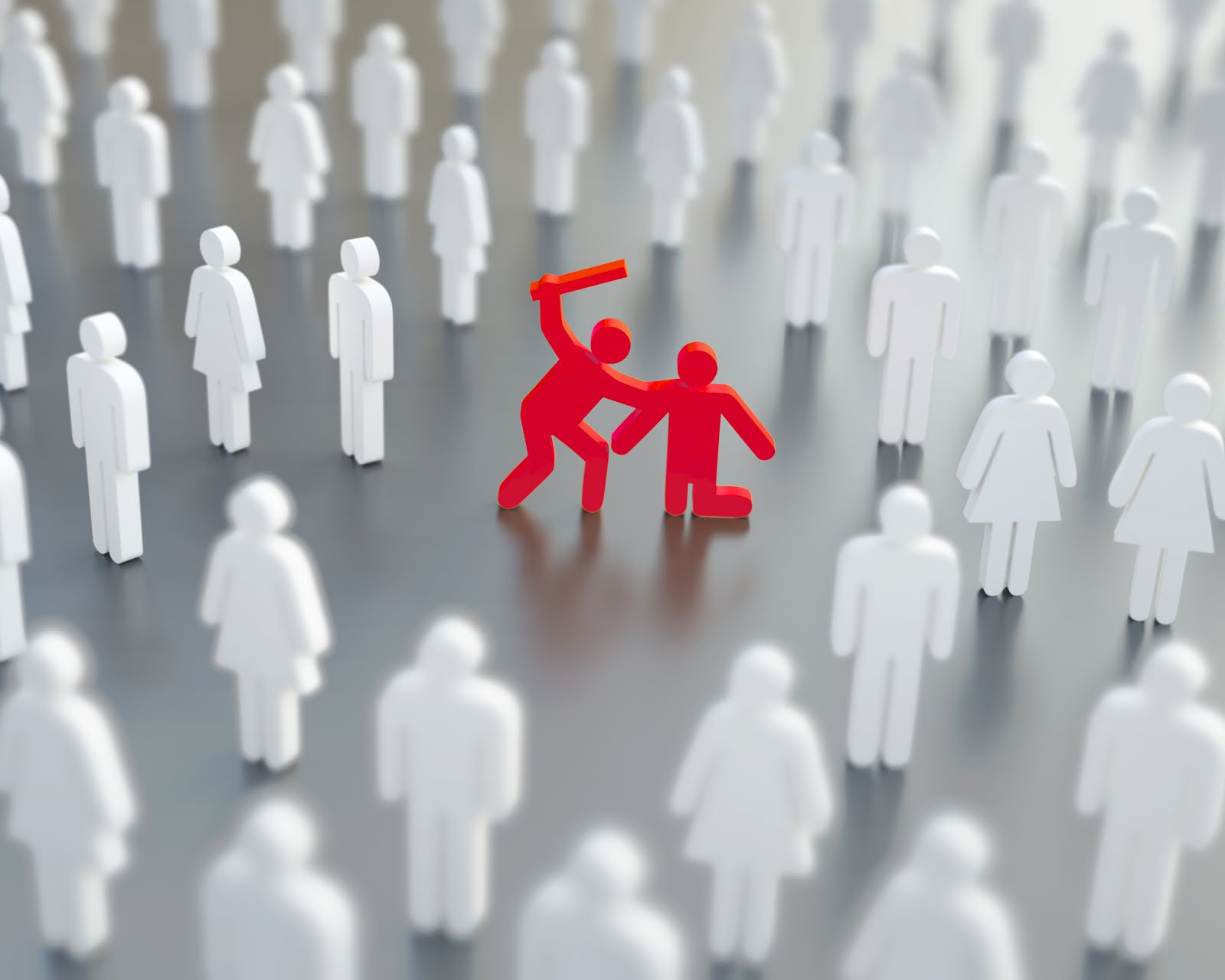
What Bystanders Can Do
The definition of a bystander is “someone who is present at an event or incident but does not take part”. Often, when people talk about bystanders they are referring to the Bystander Effect, which is the decreased likelihood that someone will intervene or help in an emergency situation if there are other people present. If you see relationship violence happening in your community, it’s not okay to stand by and remain a passive bystander, even if there are other people around.
The Impact on Children
In the U.S. alone, Childhood Domestic Violence impacts over 15 million children and 40 million adults who were these children.
Change is possible
In the U.S. alone, Childhood Domestic Violence impacts over 15 million children and 40 million adults who were these children.
Come back each week to find out more you can do
Our Allies
We would like to thank our Allies in the fight for a world free of relationship and sexual violence.
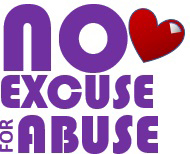
Committee Members
We would like to thank the many community members who were a part of the No Excuse for Abuse Task Force for the past year and helped make this campaign a reality.
Barb Winter- ENT
Chris Phillips - Rocky Mountain Vibes
Christine O'Brien - HSD2
Cindy Aubrey - Pikes Peak United Way
C.J. Meigs-Moore
Dan May- 4th District Attorney's Office
Jacque Franklin- FCUCC
Krista Dias- Chapel of our Saviour
Lauren Kupfner - ANB Bank
Liz Haltizwanger - KKTV
Michael Sullivan - City of Colorado Springs
Mina Liebert- El Paso County
Tara Loo- Board Member
Terri Carver- State Representative
TESSA Staff Members
